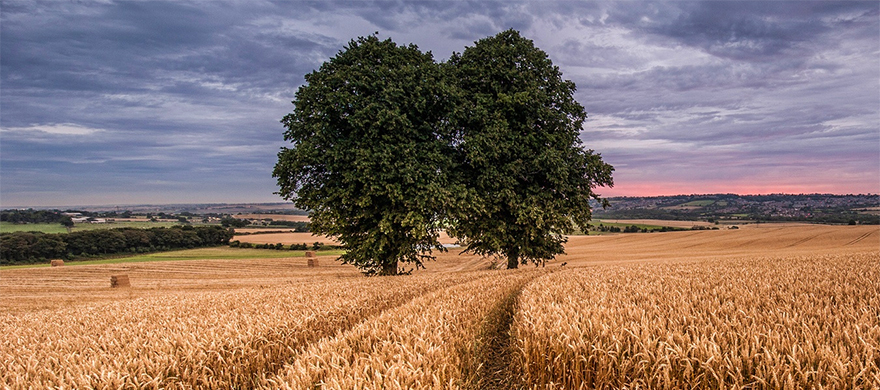Every day at around ten a.m., you can find us eating a snack and taking a little break from our lessons.
On this particular Monday, the break took place indoors, as it was raining outside. We had some coffee cake that had been sent over a few days prior because my husband’s grandfather had passed away after short battle with cancer. I consider my children blessed to have known their great-grandfather, a dedicated man to whom my husband was very close.
Cake is not usually my snack of choice in the middle of the morning, but this day, I made an exception. They were beside themselves with joy and asked if I would please read to them from our mythology book while they ate. As if continuing our story of Baucis and Quicksilver would be the proverbial icing on their literal cake.
I was touched in that moment.
I was surprised to also find myself a little concerned.
I want to raise educated, cultured children. I really do. I am thrilled when they ask me to read.
But this day, I took a look around, watched them eat coffee cake while digesting Baucis and I began to feel as though they like were leading some kind of fairy tale life.
What about all the warnings of overprotected children I had dismissed? Was there merit to this notion that things could be TOO easy? That mornings spent mulling over mythology were ones not to be experienced in the “real world” and thus detrimental to their fate as contributing members of society?
I began walk down a path of ill contrived panic. Questions tumbled over one another as the weeds across sand.
Will they be too sheltered and wonder what in the world this world is made of when they meet a society of people who eat coffee cake for dinner and curse Philemon? What will they do when they have to walk in the rain when they’ve been sheltered from it under the roof of a liberal education and a doting mother? How will they apply the kindness of Philemon and Baucis to the lost in this dying world, when their world was always made so alive?
But this is our story.
Our story, while not perfect, does, in fact, involve a lot of cake and a plethora of words. Our story involves running in the rain and seeking shelter from the same. Our Author plans our story, writes it, and smiles as their mouths fill with cinnamon and their minds a sweet story created by another piece of His creation.
We are all connected through words and food and maybe that’s why He called Himself the Word, His flesh bread, and His blood wine. Did not the disciples that fateful night, as the Servant-Savior washed their feet and their souls and fed them a feast of wine and bread, feel as though they were living a sort of fairy tale? Rescued, brought to high places, and made new, they relished in their newfound lives.
Only to turn around and lose it all in a matter of hours and gain it all back at the words of a woman loved fierce and a tomb found empty.
Fairy tales turn into real life whether we ask them to or not. The question is never if things will fall apart. It’s a matter of when. And was the washing of their feet by the lovers of their souls sufficient enough preparation for the grime-encrusted path that awaits?
The days following cake and mythology were spent remembering my grandfather-in-law, a man who lied about his age as a teenager so he could work on the kill-room floor of a packing plant. He was sent overseas and back again where, eventually, he owned his own plant. He retired at fifty-five and took trips to Europe and I suppose his story, with the blood and the sweat and the mopping, was fairy-tale-esque. Did he always think so? Aren’t all fairy tales laced with blood, sweat, tears, and a few strategically placed villains?
Don’t we all live a fairy tale? At some point in all of our lives, we are either trapped in a tower, harassed by a witch, or scorned by a family member. In the end, redemption weaves our story together and, for us, if words being poured over the top of cake is a refuge for the harder days to come, I’ll take it.
At the end of our myth, the one about Baucis and Philemon and the Miraculous Pitcher, the hero and heroine get their dying wish and become trees under which the visitors of the land can rest their weary legs. They become a shelter for the weary, the lost, the deserted, and the broken. Maybe my children, having spent their childhood resting in the boughs of well placed words and perfectly portioned ingredients, can become a sort of shelter themselves. For the weary. The lost. The deserted. The broken.
Let us rejoice in our story, whatever it is, for all stories are His story and the Author, I hear, is one of the best.
- The Visit - May 16, 2022
- Coffee Cake, Mythology, and Misgivings - April 9, 2018

This was truly touching. So beautifully put.
This also was such a good read. Yes it is not a matter of *if* things fall apart in our lives here, but when. And the love that is laid up in a heart does I think (by God’s grace) give courage and hope in hard days not just to a child whose received it, but through them to others.